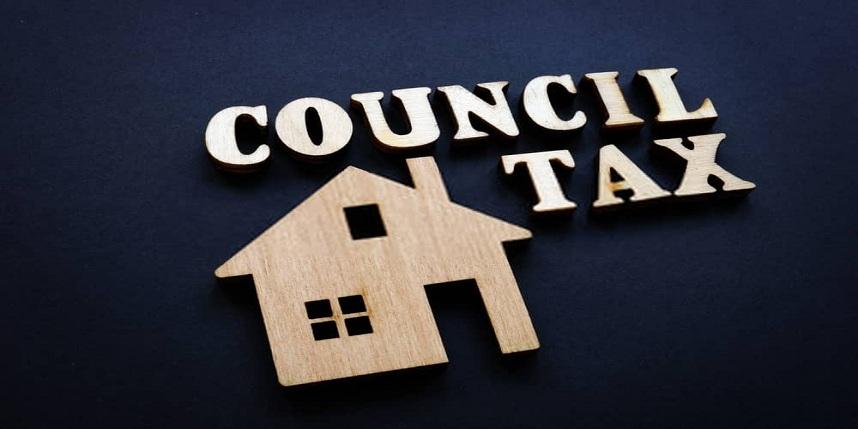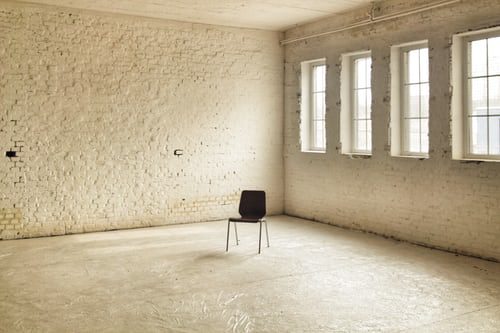Many people wonder about council tax on empty homes. This guide will help you understand it better. You will learn if you need to pay and what exemptions or discounts exist.
What is Council Tax?
Council tax is a local tax in the UK. It helps fund local services like rubbish collection, schools, and parks. Each home usually pays council tax.
Do You Pay Council Tax on Unoccupied Property?
Yes, you usually pay council tax on empty homes. However, there are some exemptions and discounts. Let’s look at those in detail.
Exemptions For Unoccupied Properties
Some empty homes do not need to pay council tax. These are called exemptions. Here are some common exemptions:
- Newly built homes: Empty new homes may be exempt for a short period.
- Homes needing major repairs: Properties needing big repairs can be exempt for up to 12 months.
- Homes left empty by someone in care: If the owner goes to a care home, the property can be exempt.
- Homes left empty by someone in prison: If the owner is in prison, the property can be exempt.
- Homes of deceased persons: Properties of someone who has died can be exempt for up to six months after probate is granted.
Discounts For Unoccupied Properties
If your empty home is not exempt, you may still get a discount. Discounts mean you pay less council tax. Here are some common discounts:
- Empty and unfurnished: If your home is empty and has no furniture, you might get a discount. This can last up to six months.
- Second homes: If you have a second home, you may get a discount. The discount amount varies by council.
- Uninhabitable homes: If your home cannot be lived in, you may get a discount. This is usually because of major repairs or other issues.
How to Apply for Exemptions and Discounts
You need to apply for exemptions and discounts. Contact your local council to start the process. They will tell you what documents you need. Usually, you need to prove your home is empty.
What Happens If You Do Not Pay?
Not paying council tax can cause problems. You may get fines or legal action. Your local council can take you to court. This can make the debt bigger. It is important to pay your council tax or apply for help if needed.
Special Cases for Council Tax
Some properties have special rules. These include:
- Listed buildings: Homes with historic value may have different rules.
- Properties owned by charities: These may get special exemptions or discounts.
- Homes used for religious purposes: These may also have different rules.

Credit: www.clearway.co.uk
How Council Tax is Calculated
Council tax is based on the value of your home. Homes are placed in bands from A to H. Band A is the lowest value, and Band H is the highest. Your council tax amount depends on your home’s band and your local council’s rates.

Credit: www.hamiltoninternationalestates.com
How to Check Your Council Tax Band
You can check your council tax band online. Visit the government website and enter your address. This will show your band and the amount you need to pay.
How to Challenge Your Council Tax Band
If you think your band is wrong, you can challenge it. Contact the Valuation Office Agency (VOA). They will review your case and may change your band. This can lower your council tax bill.
Tips for Managing Council Tax on Unoccupied Property
Here are some tips to help you manage council tax on an empty home:
- Check for exemptions and discounts.
- Contact your local council for help.
- Keep records of your applications and payments.
- Plan ahead if you know your home will be empty.
- Consider renting out your property to avoid paying full council tax.
Frequently Asked Questions
Do You Pay Council Tax On Empty Properties?
Yes, you still need to pay council tax on empty properties.
Are There Exemptions For Unoccupied Properties?
Yes, some exemptions apply, like if the owner has died or the property is undergoing repairs.
How Long Is The Council Tax Exemption For Empty Properties?
It varies. Some places offer up to 6 months’ exemption.
Can You Get A Discount On Council Tax For Empty Properties?
Yes, some councils offer discounts. Check with your local authority.
Conclusion
Understanding council tax on unoccupied property is important. You usually need to pay, but exemptions and discounts can help. Always check with your local council for the most accurate information. Proper planning and management can save you money and avoid problems.
